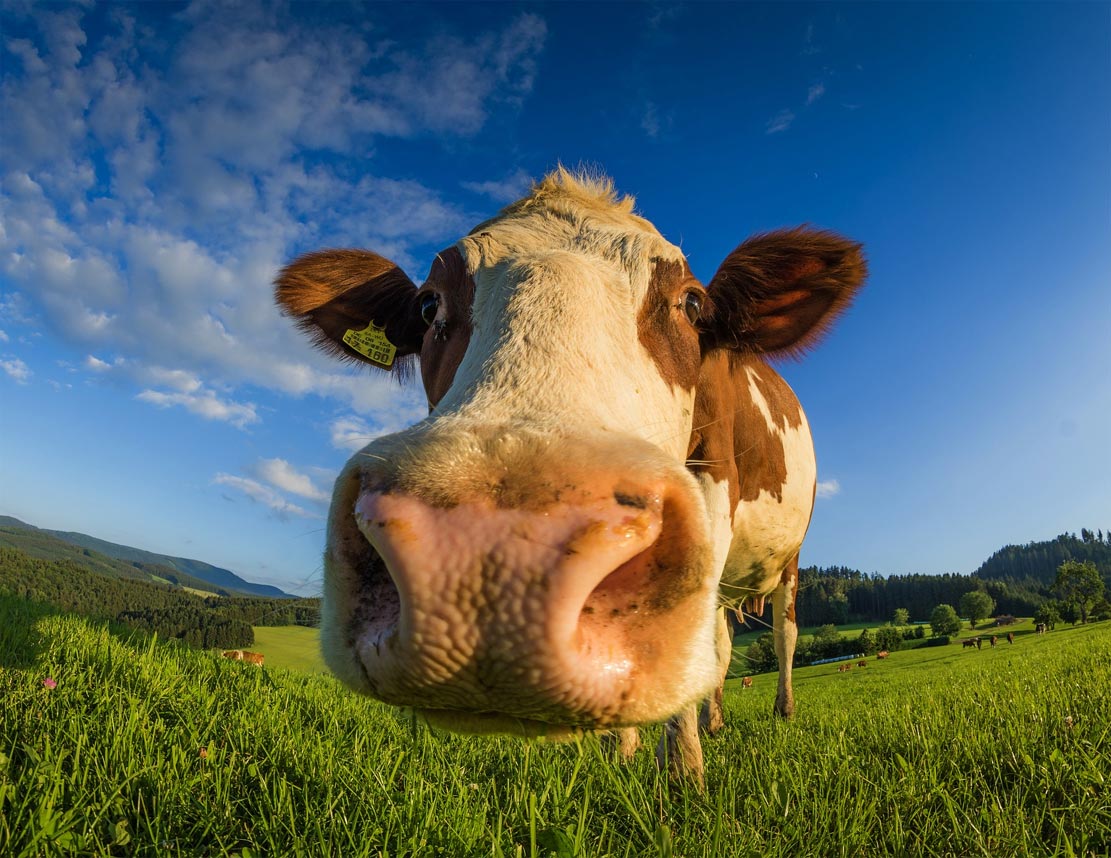Plant-based meat and lab-grown meat are two different types of meat alternatives. While both plant-based and lab-grown meats offer potential solutions to the environmental issues associated with traditional animal agriculture there are significant differences.
Plant-based meat is made from plant-based ingredients such as soy, wheat, and peas, which are processed and shaped to resemble meat products such as burgers and sausages. A key characteristic of these products is that they are made without the use of animal products. Plant-based meats are often high in protein, and they are a good source of dietary fiber and micronutrients. They are also considered a more sustainable and ethical alternative to traditional meat as they do not require the use of animals for production. Usually plant-based meat manufacturers are trying to create a product that looks and tastes like traditional meat products.
Lab-grown meat, also called cultured meat or in-vitro meat, is created through a process called cellular agriculture. In this process, cells are taken from an animal and grown in a nutrient-rich medium that contains proteins, carbohydrates, vitamins and minerals that the cells need to grow and divide. The cells are then put into bioreactors where they can proliferate and form the desired tissue structure. The process begins by obtaining a small sample of animal cells, typically from a biopsy of living animals, and then growing them in a nutrient-rich medium. Once the cells have multiplied and formed larger clusters of tissue. This tissue is then harvested and processed into a product that resembles traditional meat products such as burgers or sausages. Lab-grown meat is also considered a more sustainable and ethical alternative to traditional meat, as it does not require the use of animals for production.
In summary, plant-based meat is made from plant-based ingredients, and lab-grown meat is made from animal cells grown in a laboratory setting. Both types of meat alternatives have the potential to reduce the environmental impact and ethical concerns associated with traditional animal farming methods.

